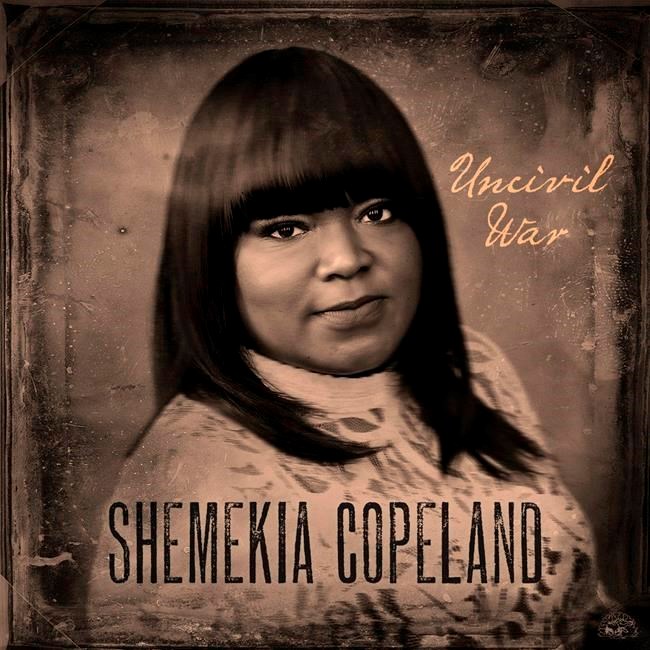Shemekia Copeland, “Uncivil War" (Alligator)
The best protest songs come from a deep well of outrage, connecting with a visceral sense of injustice or posing an urgent question. Think “What if you knew her and found her dead on the ground?"
A lot of artists are trying these days to make sense of a world in turmoil. Among them is Shemekia Copeland, whose new album, “Uncivil War," offers commentary on everything from the proliferation of guns to civil rights marches to the more universal challenge of simply getting along.
“I'm trying to put the ‘united' back in the United States," Copeland explains.
A worthy goal, to be sure, and Copeland seems suited to the task. The daughter of Texas bluesman Johnny Copeland, she's made her mark in her own right with a big voice and a straight-ahead delivery.
Ultimately, though, “Uncivil War" falls short. Much of it feels contrived and self-conscious, as if she and producer Will Kimbrough, who co-wrote many of the songs, set out to write protest music but forgot the visceral outrage. The songs lean too much on the obvious to make the necessary connections.
The title cut is a good example. It has some nice touches, including the elegant guitar accents of dobro legend Jerry Douglas and a swelling chorus that will play well live if live music ever comes back. But the sentiment leans too much on tired lines like “The lines are drawn, the gloves are off” to really soar.
Copeland has earned respect in the roots-rock world with less self-conscious, more muscular blues. She comes closest to her own standard here on “Clotilda’s On Fire," about the last slave ship to arrive in America, and “Walk Until I Ride," a more authentic-feeling tribute to the civil rights movement that echoes the Staple Singers.
The rest seems unlikely to find its way into the canon of era-defining music.
Scott Stroud, The Associated Press



